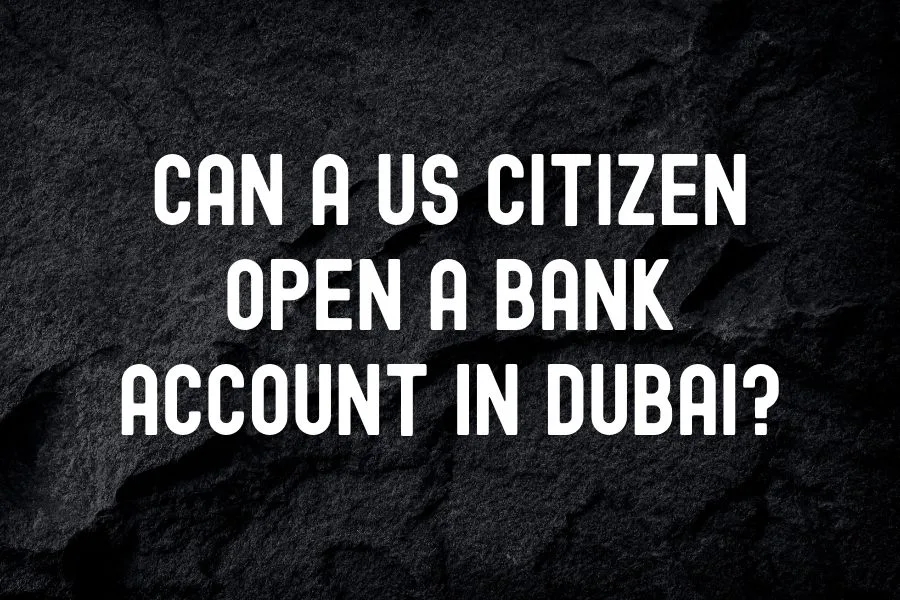- Who can apply? Residents have the broadest options; some banks also offer limited non-resident accounts.
- What you’ll need: Passport, UAE visa/entry stamp, Emirates ID (or application slip), address proof, and recent bank statements or salary proof.
- How long it takes: 1–10 business days after a successful Know Your Customer (KYC) review.
- Key choices: Conventional vs. Islamic banking, personal vs. business, single vs. multi-currency.
Table of Contents
- Step 1 — Decide on Account Type
- Step 2 — Confirm Eligibility (Resident vs. Non-Resident)
- Step 3 — Gather Documents (Personal)
- Step 4 — Gather Documents (Business)
- Step 5 — Compare Banks & Features
- Step 6 — Submit Application & KYC
- Step 7 — Activate & Start Using Your Account
- Special Notes for Non-Residents
- Islamic vs. Conventional Banking
- Fees & Minimum Balances
- FAQs
- Printable Checklist
- Glossary
Step 1 — Decide on Account Type
Personal accounts are typically categorized as:
- Current account: Everyday spending; usually comes with a debit card and optional cheque book.
- Savings account: For saving funds; may offer profit/interest (profit in Islamic banking).
- Multi-currency account: Hold AED plus major foreign currencies (e.g., USD, EUR) under one account.
Business accounts (for mainland or free zone companies) support payments, payroll (WPS), trade finance, and POS/merchant services.
Tip: If you need a cheque book or a full debit card from day one, a current account is usually the right choice.
Step 2 — Confirm Eligibility (Resident vs. Non-Resident)
- Residents (UAE residence visa + Emirates ID): The widest product range and easier onboarding.
- Non-residents: Some banks offer limited savings accounts; features like cheque books and local debit cards may be restricted.
- In-person verification: Most banks require at least one face-to-face KYC or branch visit; remote/video KYC may be limited.
Step 3 — Gather Documents (Personal)
Prepare originals and clear copies. Requirements vary by bank, but commonly include:
- Valid passport and UAE visa/entry stamp
- Emirates ID (or application receipt)
- Address proof (e.g., EJARI tenancy contract, utility bill such as DEWA, or official residence letter)
- Income proof (salary certificate/letter, employment contract) or last 3–6 months’ bank statements
- Tax forms (FATCA/CRS self-certifications provided by the bank)
Note: Non-English documents may require certified translation. Bring originals for verification.
Step 4 — Gather Documents (Business)
For companies (mainland or free zone), banks typically request:
- Trade license, Memorandum/Articles of Association, share certificates
- Company board resolution authorizing account opening and signatories
- Passport, visa, Emirates ID of owners/directors/authorized signatories
- Lease agreement/EJARI or office address proof
- Corporate bank statements (if any) and/or personal statements of UBOs
- Company profile: nature of business, expected volumes, main markets, source of funds
- UAE establishment card (if applicable)
Tip: Be ready to explain trade flows (who you pay, who pays you, countries involved). This reduces compliance back-and-forth.
Step 5 — Compare Banks & Features
Shortlist 2–3 banks and compare:
- Minimum balance and fall-below fees
- Local & international transfer fees and FX margins
- Digital banking: mobile/online experience, biometric login, 24/7 support
- Card features: virtual card availability, contactless, fee-free foreign ATM withdrawals (if any)
- Shariah-compliant options (Islamic banking) vs. conventional
- Branch/ATM network and relationship manager access (helpful for businesses)
Step 6 — Submit Application & KYC
- Pre-apply: Some banks let you start online and upload documents before your branch visit.
- In-person verification: Bring originals; sign application forms and tax declarations.
- Compliance review: The bank may ask additional questions about income, employer, or business model.
- Initial funding: Some accounts require a first deposit to activate.
Typical timeline: 1–3 business days for straightforward personal cases; 5–10 business days (or more) for complex or business accounts.
Step 7 — Activate & Start Using Your Account
- Download the bank’s mobile app and set up online banking.
- Activate your debit card; request a cheque book if needed.
- Set up international transfers and save beneficiary details (you’ll need their IBAN/SWIFT).
- For companies, enroll in WPS payroll and connect your accounting tools if supported.
Special Notes for Non-Residents
- Expect limited account types (often savings only) and higher minimum balance requirements.
- In-person KYC is commonly required; plan to be in Dubai for onboarding.
- Be ready with bank statements, proof of income, and clear source of funds explanations.
Islamic vs. Conventional Banking
- Islamic (Shariah-compliant): Profit-sharing structures, no interest; products are reviewed by a Shariah board.
- Conventional: Interest-bearing products and standard retail/corporate features.
Both models offer modern digital banking and multi-currency options. Choose based on your financial and ethical preferences.
Fees & Minimum Balances
Exact amounts vary by bank and product. Compare the following before deciding:
- Minimum average balance per month and fall-below penalty
- Local transfer fees (AED transfers within the UAE) & international remittance fees
- FX spreads for converting AED to foreign currencies
- Card fees (issuance, replacement, foreign ATM withdrawals)
- Cheque book fees (if applicable)
Tip: If you’ll maintain a high balance, ask for fee waivers or a preferred banking tier.
FAQs
Do I need an Emirates ID to open an account?
Many banks require Emirates ID for full access. Some may accept the application receipt during processing, but issuance often awaits the physical ID.
Can tourists open accounts?
Some banks offer limited non-resident savings accounts, but expect stricter checks and fewer features. Many tourists will not qualify for current accounts.
How long does it take?
Personal accounts can be opened in 1–3 business days after KYC; business accounts typically take longer (5–10+ business days).
What is an IBAN?
International Bank Account Number used to send/receive transfers. You’ll receive a UAE IBAN when your account is opened.
Can I hold multiple currencies?
Yes, many banks offer multi-currency options (AED, USD, EUR). Check fees and FX margins.
Do banks accept PO boxes as address proof?
Banks usually want a physical UAE address (e.g., EJARI) and may request a utility bill or tenancy contract.
Printable Checklist
- Choose account type: current / savings / multi-currency
- Confirm eligibility: resident / non-resident
- Gather personal documents:
- Passport + UAE visa/entry stamp
- Emirates ID or application receipt
- Address proof (EJARI/utility bill)
- Income proof or bank statements (3–6 months)
- FATCA/CRS forms (from bank)
- For business accounts, add:
- Trade license, MoA/AoA, share certificates
- Board resolution & signatory list
- UBO KYC (passports, visas, IDs)
- Lease/EJARI and company profile
- Shortlist 2–3 banks; compare fees, FX, digital features
- Submit application; attend KYC; initial funding
- Activate online/mobile banking, cards, beneficiaries
Glossary
- AED: United Arab Emirates Dirham
- DEWA: Dubai Electricity & Water Authority (utility bills)
- EJARI: Official tenancy registration in Dubai
- IBAN: International Bank Account Number
- KYC: Know Your Customer (identity & funds verification)
- UBO: Ultimate Beneficial Owner
- WPS: Wage Protection System (UAE payroll)
References
- Central Bank of the UAE — banking regulations & AML/KYC guidance.
- Federal Authority for Identity, Citizenship, Customs & Port Security (ICP) — Emirates ID & visa.
- Dubai Land Department (EJARI) — tenancy registration & address proof.
- Dubai Electricity & Water Authority (DEWA) — utility bills for address verification.
- Abu Dhabi Global Market (ADGM) — company setup & financial services framework.
- Dubai International Financial Centre (DIFC) — licensing & regulatory environment.
- OECD — Common Reporting Standard (CRS) — tax residency self-certification.
- IRS — FATCA — U.S. tax compliance requirements.
- MOHRE — Wage Protection System (WPS) — payroll compliance for companies.
- Dubai Department of Economy & Tourism (DET) — trade licenses & business setup.
Disclaimer: Requirements and features vary by bank and may change without notice. Always confirm the latest eligibility, documents, fees, and timelines directly with your chosen bank.


